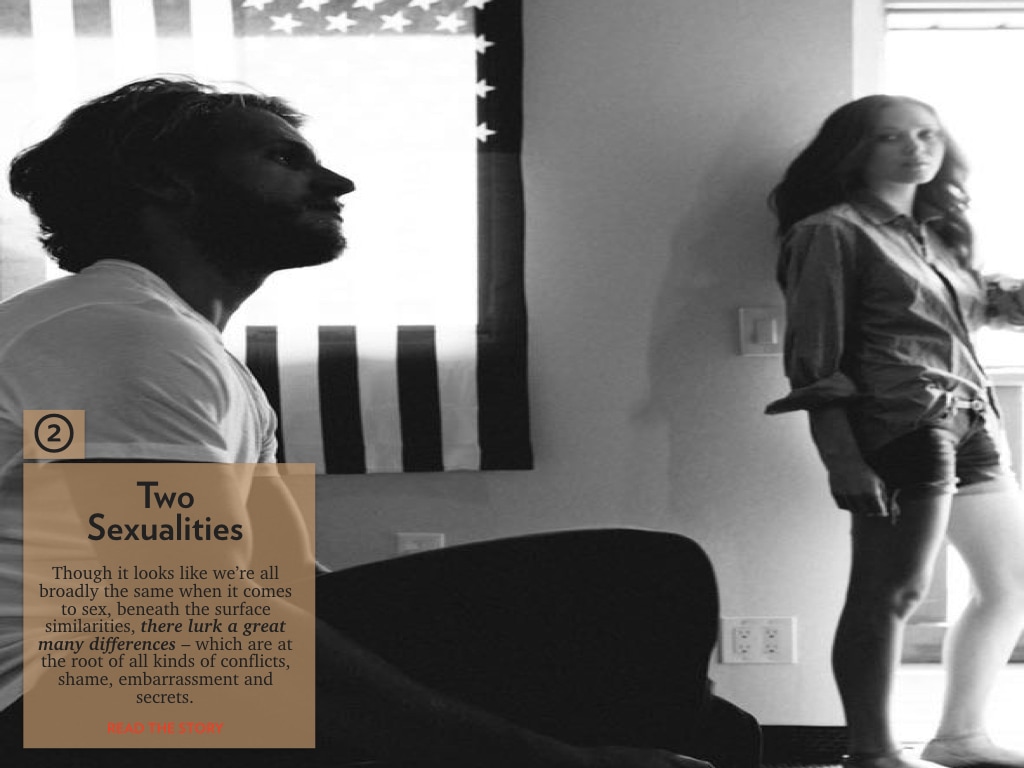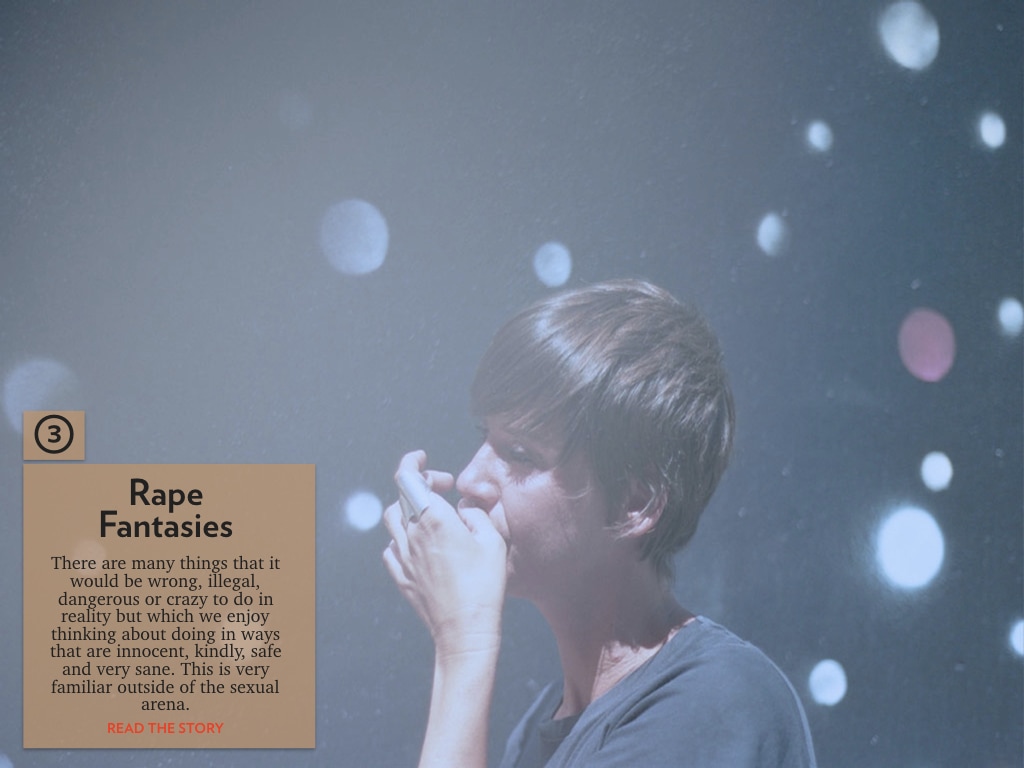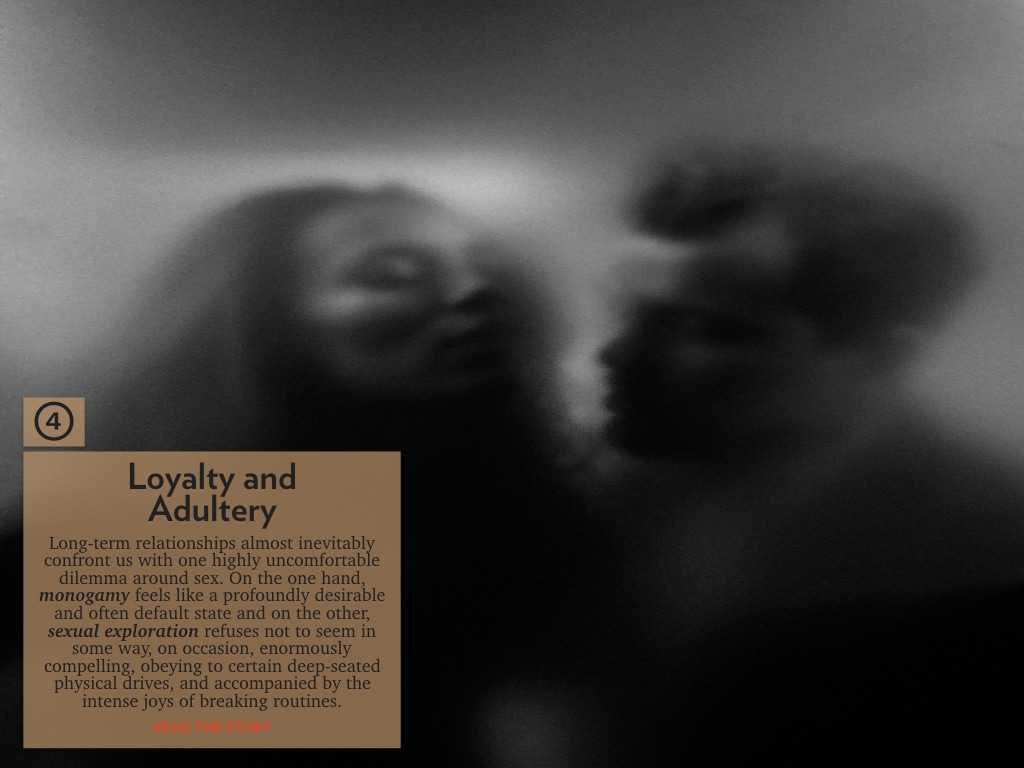⊕ PSYCHOLOGY | SEXUALITY
Marcel Proust, Sexual Pleasures and Defilement
Proust’s argument is that defilement during sex isn’t what it seems. Ostensibly, it’s about violence, hatred, meanness and a lack of respect. But for Proust, it symbolises a longing to be properly oneself in the presence of another human being – and to be loved and accepted by them for one’s darkest sides rather than just for one’s politeness and good manners. |
|
|
|
|
MORE
|




